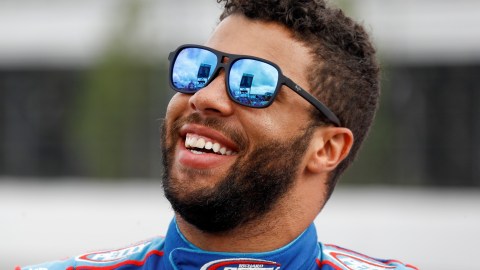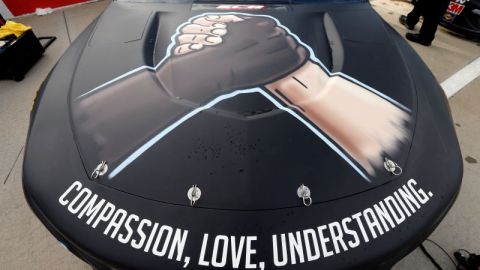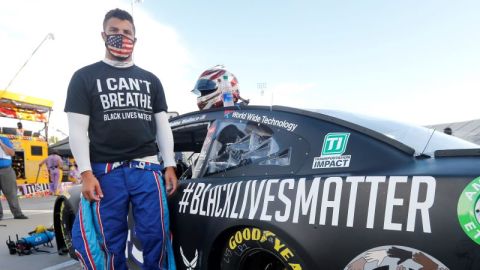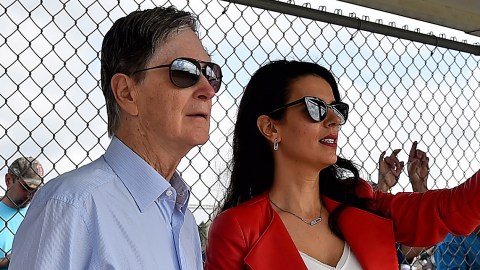Depending on who you ask, Kemba Walker was either the worst pro prospect or the most prepared player in the NBA draft.
If Walker, the No. 9 pick by the Charlotte Bobcats, comes in an immediately starts dropping 20 points a night and grabs the Rookie of the Year award, it's safe to say he'll be considered legitimate.
But if he struggles in his first season and is playing only token blowout minutes by the end of the season, will he be a bust?
What constitutes a bust is hard to pin down. In reality, the UConn product doesn't need to be a star right away — or even produce much at all — to have a long and prosperous NBA career.
Take Tyson Chandler, for example.
Chandler was the second overall pick in 2001 by the Chicago Bulls, and by his third season he was labeled a bust. Any promise he had shown in his second year had been wiped out in 2003, when injuries limited him to 35 games, he hit only 42 percent of his field goal attempts and he averaged 7.7 rebounds. For a 7-foot-1 center who had been drafted to bring durability, post offense and rebounding, those were disappointing numbers.
In Chandler's final two seasons in Chicago, though, he narrowed his focus and averaged more than nine rebounds per game before he was traded to the New Orleans Hornets.
Alongside Chris Paul, Chandler embraced what he was, not what scouts had hoped he would be. He didn't have a jumpshot like Kevin Garnett, who he had been compared to since he was 12, or the post moves of Tim Duncan. In fact, aside from being a hellish dunker, Chandler had no perceivable offensive moves. Still doesn't.
So he essentially stopped trying to score. Always a respected defensive player, Chandler that season became a defensive menace and finished second in rebounding with 12.4 per game. What's more, his scoring average immediately jumped to 9.5 points almost solely off lobs and putbacks. Fast forward to this spring, which he was a crucial piece of the Dallas Mavericks' NBA championship run.
This doesn't mean Walker should ditch shooting and focus on defense. (Although that approach worked for another supposed bust who was a key component of the 2011 Mavericks, former straight-from-high-school pick DeShawn Stevenson.)
The lesson Walker should take from Chandler's story is that his best course of action is to be himself. If he does not possess natural point guard instincts, as some suggest, it's worthless for him to try to fake it. He's better off firing away and becoming a new Ben Gordon. If his shot doesn't fall, he can take some attitude pills and turn into a intangibles machine like Tony Allen (the Memphis Grizzlies edition).
Walker doesn't have to be another Tiny Archibald or Allen Iverson to be a successful pro. There's more than one way to become a viable NBA player.



